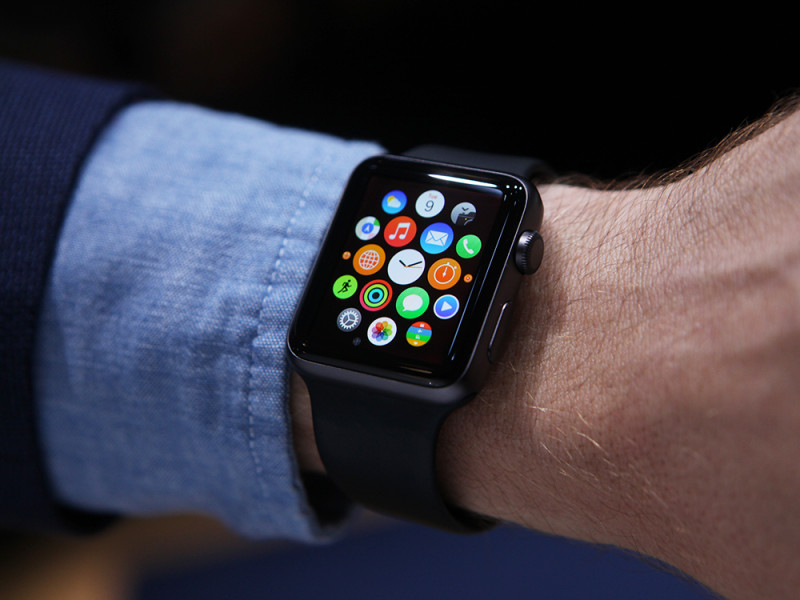I visited Starbucks this morning, as I do often, and prepared to order my usual skinny mocha latte. Today, though, my purchase decision was disrupted by a barista passing out free samples of their new Frappuccino flavor. It was delicious, and I decided to forgo my usual latte for one.
The impact of sampling, or “try before you buy,” is not new to the retail world, but today companies like Birchbox and Trunkclub are taking it to the next level by leveraging technology to engage customers and encourage them to try out – and purchase – new products that weren’t already on their shopping list.
Replenishing vs. exploration purchases
In my Starbucks example, I had planned to simply purchase the same drink I always get, but the free sample caused me to convert what would have been a replenishing purchase to an exploration of a new product.
In Seth Godin’s recent blog, he explained, “There are two kinds of purchases: Either you are replenishing (you know precisely what you’re about to get) or you are exploring. If you sell an exploration, your customer is taking a chance. Sometimes magnifying that chance fits the worldview of the purchaser, and sometimes minimizing the risk is precisely what the purchaser is seeking.”
In recent years, we have seen the “try before you buy” model transition from an in-store experience only, to the virtual world, and even to consumers’ homes. Today you can take an Apple Watch for a test-drive (or run) or try on anything from eyeglasses to perfume in the comfort of your home. The response from customers has been overwhelmingly positive – they are open and willing to indulge in some “exploration” shopping, and retailers are cashing in.
Five brands that bet the farm on “try before you buy”

Want to try out an Apple Watch?
You’ll have to get in line. Lumoid, the startup best known for its short-term camera rental service, just added a new wearable section to its rental offerings (which also includes drones and other photography gear), allowing you to try out five different health trackers at home. The Apple Watch is even available to rent for $45 per week – but the waiting list is already in the thousands.
Once you decide on something you like, you can order a new unit from Lumoid’s online store and return the box of used gadgets. And if nothing strikes your fancy, you pay only a $20 handling fee to ship your item back.
Founded in 2010, Birchbox has ballooned into a multifaceted, international retail business that pulls in an estimated $170 million a year. The company is mostly known for its subscription concept: For $10 per package, Birchbox mails customers a monthly selection of five sample-size, high-end beauty products.
But the pink box is just the beginning of their engagement with customers. Birchbox is a web of interwoven businesses, each one crucial to the brand’s growth. In addition to the subscriptions, Birchbox runs a more traditional retail operation, selling products through its website and a brick-and-mortar store in Manhattan. In order to get into Birchbox, partners must be willing to sell their full-size products in Birchbox’s online store.
No time to hit the mall? Trunkclub, a startup acquired by Nordstrom in 2014, offers a subscription-based service for men that’s like having your own personal stylist on demand who picks out top designer labels for you and ships them to your home for free. After signing up, men provide their measurements to the company and are interviewed by a stylist about their own personal tastes. They then receive their first “trunk” – a box containing a selection of clothing and other items, and they pay for only what they don’t mail back within 10 days.

Warby Parker, an online eyewear retailer, has successfully disrupted a stagnant brick-and-mortar dominated market by offering an inexpensive and easy way to shop online, try on at home, and purchase new glasses.
They will ship you five pairs to try for five days, with no obligation to buy. Select any five pairs of glasses that you’d like to try and the company will send them to you for free. You can try them on in the comfort of your home and ask your friends and family for their opinions or get feedback from Warby Parker experts on Facebook over the next five days.
RocksBox, a subscription-based jewelry e-rental service, differentiates itself from competitors by offering its members the opportunity to borrow multiple jewelry pieces for a flat monthly fee. For $19 per month, a member will receive a personalized selection of three contemporary designer jewelry pieces in her ever-revolving “box” with an average retail price of over $200 per set. Styles range from everyday minimalist to special occasion magnificent from its 30-plus top independent jewelry brands.
RocksBox is reported to have a 20% rental-to-purchase conversion rate, and to further encourage such purchases, last month it added a new feature called Shine Insider, through which members get $10 in Shine Spend toward any purchase that month.
What’s next?
Inspired by Birchbox and other early entrants into the space, we are now seeing startups emerging that offer copycat subscription models for everything from food to sex toys. We will likely see continued growth and innovation in this space as consumer goods companies realize the potential of this new channel, offering them a welcome entrance into prospective customers’ homes – and wallets.
This article was syndicated from Business 2 Community: 5 Brands Cashing In On The ‘Try Before You Buy’ Effect
More Sales & Marketing articles from Business 2 Community:




